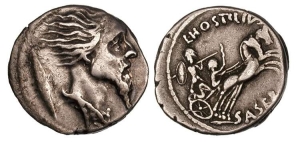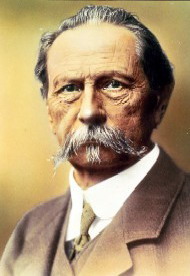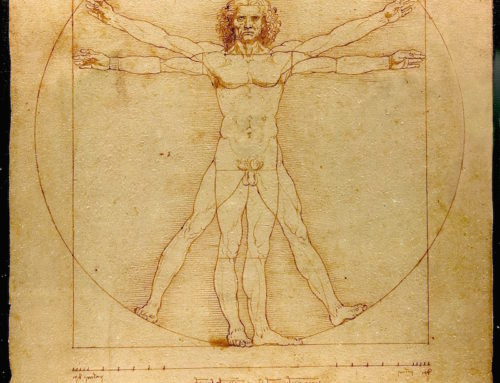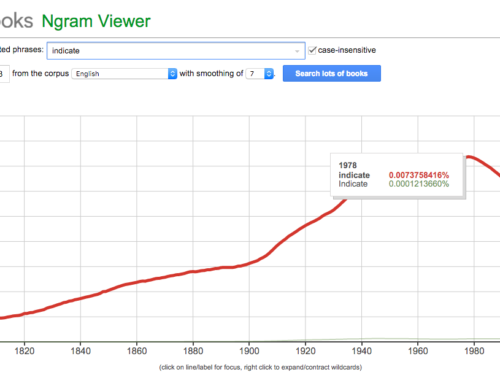Definition: A road vehicle, typically with four wheels powered by an internal-combustion engine and able to carry a small number of people.
Using Little Squeak logic, everything from a Lamborghini to Lego on wheels is a ‘car’. And they are all awesome.
(Vroom, vroom!)
The word ‘car’ is thought to be based on the Gaulish word ‘karros’, meaning ‘chariot’. From Gaulish, the word ‘karros’ found its way into Latin—from the 5th century onwards—and Middle English. 1500 years later, it has ended up being our preferred terminology over ‘automobile’—a French term that is a combination of Ancient Greek ‘autos’ meaning ‘self’ and Latin ‘mobilis’ for ‘moveable’.
For no apparent reason, my first car etymology roads appeared to lead to France … so I thought I would use some Little Squeak logic to work out what kind of modern car a hero-type would drive when their chariot was being serviced.
Start with Vercingetorix—sometimes said to be one of France’s first national heroes. A young Gallic chieftain who tried to unite Gaul in rebellion against Julius Caesar’s invasion and nearly did. Despite his defeat and execution, Vercingetorix warranted his own Roman coin—his face on the front and a war chariot on the back. And Caesar was a skilled orator with a lot to gain by portraying Vercingetorix as a powerful enemy. You could say that Vercingetorix created his own brands—one in Gaul and another in Rome. And although we have no accurate idea of what he looked like, he will now always have a chariot and ride a formidable moustache.

This doesn’t segue nicely into anything, except a couple of very unrelated facts about branding and cars:
- A certain Mr Benz got the patent for the first modern car engine—about 1900 years after Vercingetorix’s time. He beat his contemporaries—Mr Daimler and Mr Maybach to it.
- His wife was the first person in the world to ever take a car on a road trip. She reckoned it was to spruik her husband’s invention (which she financed) but I bet she just wanted to get away from his moustache.

- Mr Peugeot started with 4 cars using a Daimler engine … but was producing half of France’s cars by 1903. And making war vehicles in WW1.
- The Queen—the biggest brand of all, if you ask me—is a car head!
- Ferrari went on to be voted Brand Finance’s most powerful brand. It went on to beat others like Google and Coca-Cola, but was knocked off its perch in 2015, by none other than … Lego.
Yep, Lego is the best brand out—the Little Squeak was right.
Out of that, I’ve decided that Vercingetorix (the original French brand) would have driven a Lego car. And Julius Caesar (the invader) would have driven a Peugeot. Or is it the other way around? You tell me.







Learned a new word today: “spruik.” Sounded Dutch, so I initially thought it might be pronounced “sprike” given that the “ui” in Dutch is generally pronounced [ai]. With an Aussie twist, it might have sounded like “sproyke.” But no: “sprook,” apparently, with the same “ui” sound as in “bruise.”
For what it’s worth: the Korean “jadong-cha” (자동차) comes from three Chinese characters: “自動車,” literally, “self-moving vehicle”—not so far removed in concept from “automobile.” Very likely borrowed from the Western concept, in fact.
(You know, it’s weird how the word “borrow” changes in meaning when used in a linguistic context. Normally, when something is borrowed, you expect it to be returned. When a word from Language A is “borrowed” by speakers of Language B, however, there’s no such expectation. (Or is there…?)
Unless the linguistic definition just stretches time. When I went to India, people talked about ‘tiffin’ as though it had always been a thing. In English, ‘juggernaut’ is a word too. I have no idea when they were swapped. But if a word swap happens every 30 years … maybe it is a borrowing in the context of overall culture.
(Although, if someone borrowed my green crayon when I was one and gave it back to me now, I would demand compensation)
Wikipedia told me about loanwords this morning. Fascinating—I feel a post coming on.
Some interesting points. 🙂
Mixing the linguistic borrowing even further, I have a friend who speaks Korean, and we have a term we use only between us: Ddong Cha. I’m sure you get the meaning, Kevin. But for the non-Korean speakers out there ‘ddong’ (or perhaps a better phonetic, ‘tdong’) means ‘shit’. So a nice term to refer to a crappy car…